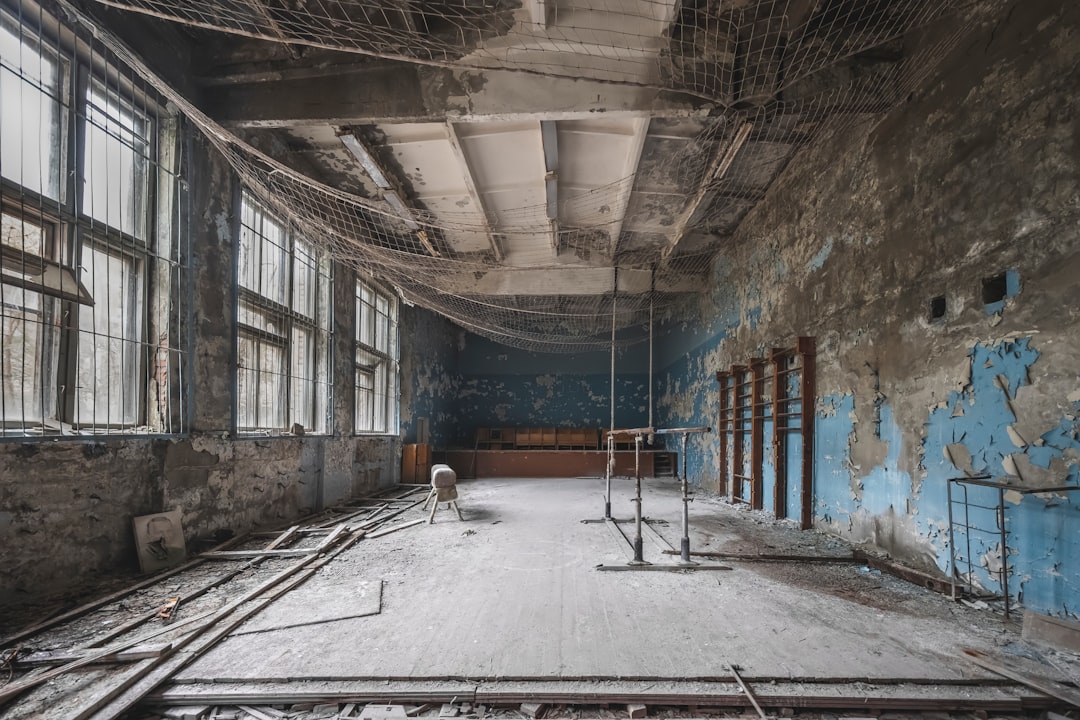In today’s increasingly noisy world, the need for quiet and controlled acoustic environments is paramount. Whether you’re a musician seeking pristine recording conditions, an industrial facility needing to mitigate hazardous noise levels, or a professional requiring a confidential space, sound-insulated steel rooms offer a superior solution. This comprehensive guide will explore everything you need to know about these robust and effective acoustic enclosures.
The Construction of Sound-Insulated Steel Rooms: A Deep Dive
Sound-insulated steel rooms are meticulously engineered structures designed to minimize sound transmission. Their construction typically involves a double-walled steel framework, with a significant air gap between the walls. This air gap acts as a crucial sound barrier, reducing the transmission of both airborne and structure-borne noise. The steel panels themselves are often lined with sound-absorbing materials like mineral wool or acoustic foam, further enhancing noise reduction capabilities. The precise design and materials used will depend on the required level of sound insulation, often measured in Sound Transmission Class (STC) ratings. Higher STC ratings indicate better soundproofing. Careful attention is also paid to sealing all joints and seams to prevent sound leakage. This may involve using specialized sealants, gaskets, and robust construction techniques. The floor, ceiling, and door are also critical components, often incorporating similar sound-dampening strategies as the walls.
Benefits of Choosing Steel for Sound Insulation
Steel offers several advantages over other materials for constructing sound-insulated rooms. Its inherent strength and rigidity provide an excellent base for effective sound isolation. Unlike wood or drywall, steel doesn’t readily vibrate, thus minimizing the transmission of structure-borne noise. Steel rooms are also incredibly durable and resistant to damage, making them ideal for demanding environments. Furthermore, steel is relatively easy to fabricate and assemble, allowing for flexible designs and sizes to suit specific needs. The clean and modern aesthetic of steel also adds to its appeal in various applications.
Applications of Sound-Insulated Steel Rooms: From Studio to Industry
The versatility of sound-insulated steel rooms makes them suitable for a wide range of applications. In the music industry, they serve as high-quality recording studios and rehearsal spaces, providing a controlled acoustic environment for optimal sound capture and mixing. In industrial settings, they are used to house noisy machinery, protecting workers from harmful noise exposure and improving overall workplace safety. They are also employed in medical facilities for MRI rooms and other sensitive equipment, ensuring minimal interference from external noise. Furthermore, sound-insulated steel rooms can provide secure and confidential spaces for sensitive conversations or work requiring privacy, making them valuable for legal, financial, and government applications.
Cost Considerations: Balancing Quality and Budget
The cost of a sound-insulated steel room varies significantly depending on several factors, including size, desired sound insulation level (STC rating), materials used, and the complexity of the design. While generally more expensive than other soundproofing solutions, the long-term benefits and durability of a steel room often justify the investment. Factors like the need for specialized ventilation, electrical work, and acoustic treatment will also impact the overall cost. It’s crucial to obtain detailed quotes from reputable suppliers to understand the complete cost breakdown and compare different options. Remember, compromising on quality can lead to inadequate sound insulation, negating the purpose of the investment.
Choosing the Right Supplier: Key Factors to Consider
Selecting a reliable supplier is critical to ensure the successful installation of your sound-insulated steel room. Look for suppliers with proven experience in designing and constructing these specialized rooms. Check their credentials, client testimonials, and past projects to gauge their expertise and commitment to quality. Inquire about their design process, materials used, and warranty policies. A reputable supplier will provide detailed specifications, including STC ratings, and offer personalized solutions to meet your specific needs. Don’t hesitate to ask questions and clarify any doubts before making a commitment. Thorough research and due diligence can help you find a supplier that delivers a high-quality, long-lasting sound-insulated steel room that meets your requirements.
Sound-insulated steel rooms represent a significant investment, but one that offers unparalleled benefits in terms of noise control, productivity, and safety. By understanding the construction, benefits, applications, cost considerations, and supplier selection process, you can make an informed decision that meets your specific needs and delivers a truly silent sanctuary.
Tags: soundproof steel rooms, sound insulated steel rooms, steel room acoustics, noise reduction rooms, soundproof booths




